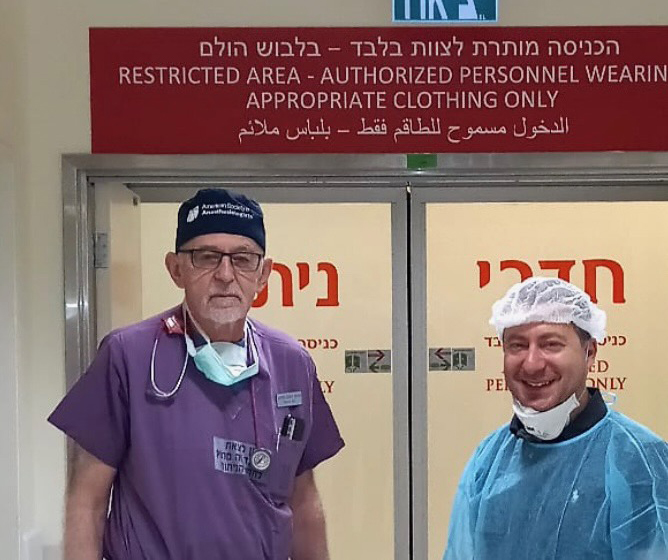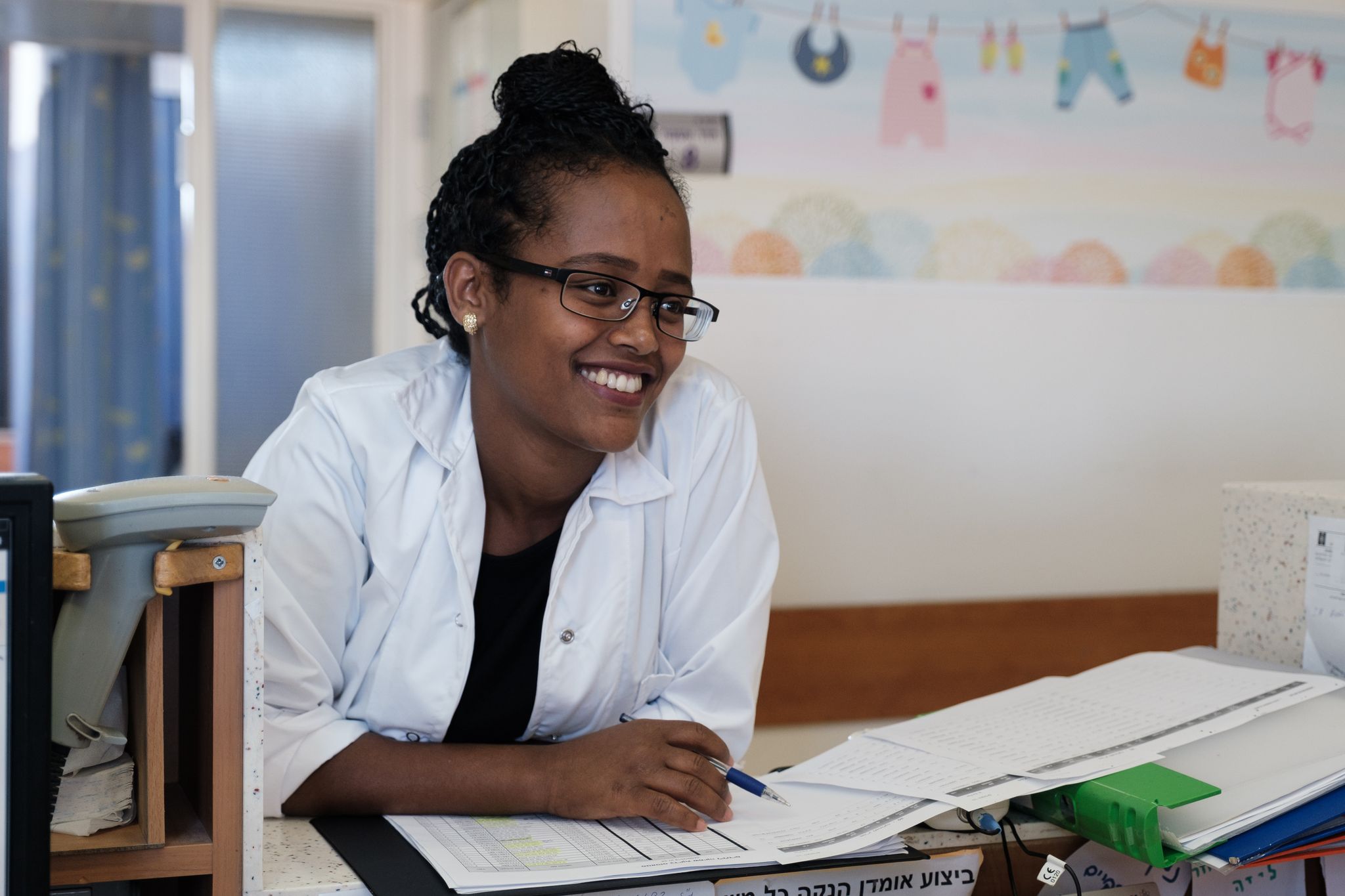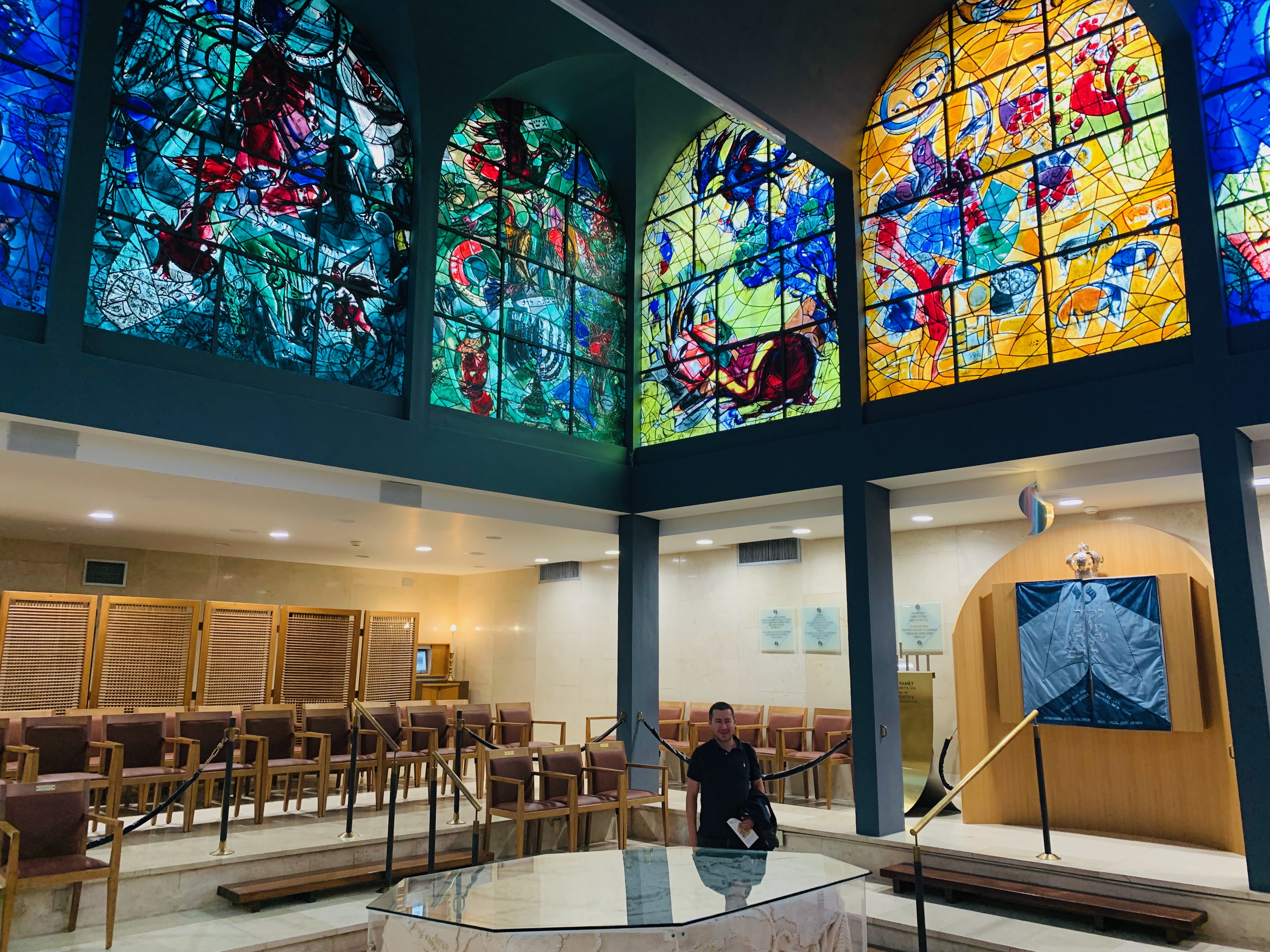I’ve always had an interest in the activities of Hadassah Australia, with its medical projects, creative coexistence and educational programs. I was excited to be asked to join the Hadassah-Achotenu Ethiopian-Israeli University Scholarships in Health Committee for a number of reasons.

First, I’m in the medical sector myself and aside from knowing how important the nursing profession is in general, I see how the profession prepares its members for leadership roles in the health sector and the wider world.
Secondly, I’m very involved in local medical education, which is important to our immediate neighbourhood, but the story of the Ethiopian migration to Israel is something that inspired me and is part of our own wider heritage.
I understood that bringing these Olim to Israel was an amazing story. But beyond the dramatic tales of night-time flights, their arrival was just the beginning of the story. Many of us, due to our own family history, are aware of the challenges of immigration; we know that there are specific problems for less privileged members of society. In Israel, due to a relatively rigid educational and training system, entering higher education is particularly tough, and it was very difficult for young Ethiopian-Israelis.

The third reason for my interest was the fact that my mother was born in Jerusalem and in addition, right now I’m linked to the city via my son who is in Israel for the year. We were there with him just a few months ago and I was lucky to be taken around both Hadassah Hospital campuses.
And lastly, thinking about coexistence, in Israeli society there's more coexistence than people realise, and this is especially the case at Hadassah. I sort of knew this and it was confirmed on our tour of the hospital when we noticed people from all religions, and realised that you hear Hebrew, Arabic and many other languages just walking through the corridors.
Hadassah is now a place where Ethiopian-Israeli staff are part of that mix, and just standing in the foyer with the Hadassah-Achotenu Nursing Program Director greeting many former students, was an amazing experience.
I really understood that the Hadassah-Achotenu program addresses many issues at once. It provides a tertiary entry for young people who are perfectly capable of taking on medical roles but who would otherwise be unnecessarily shut out of the system. It provides educational support in nursing and also prepares these students for leadership roles in a community in which some 50% of people live under the poverty line. These students are true role models. I was delighted to have the opportunity to meet a graduate of the program with the program director and have a great chat.
Hadassah itself is a unique hospital. It has a unique status supporting Israeli civil defence as well as Palestinian health in this area with a history of violent conflict. The security situation means the operating rooms are four levels below ground and are carved right into the bedrock under Jerusalem, forming a secure setting.

And, of course, the hospital has huge cultural importance. I’ve seen a lot of hospital prayer rooms over the years, but a Shule decorated by Chagall, one of the greatest artists of the 20th century, is something else entirely. Part of the hospital's cultural history is the story of the efforts that were made to keep it functional when it was besieged.
The visit left me deeply inspired by the work of Hadassah and in particularly the Hadassah-Achotenu Scholarship program.
Dr Mark Suss is a well-known anaesthetist in Melbourne and an active member of Hadassah Australia’s Hadassah-Achotenu Ethiopian-Israeli University Scholarships in Health Committee.
Back to Newsletter